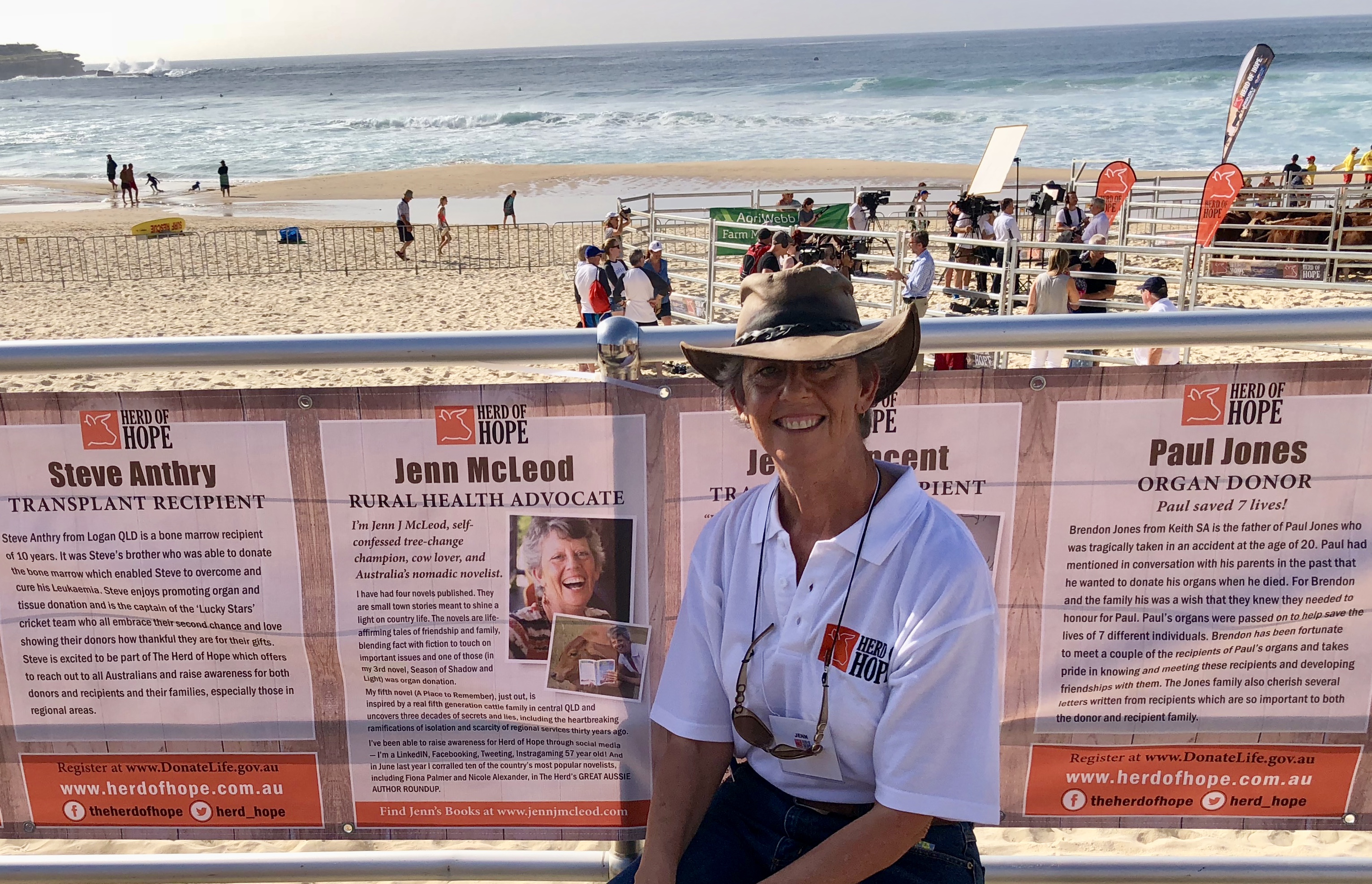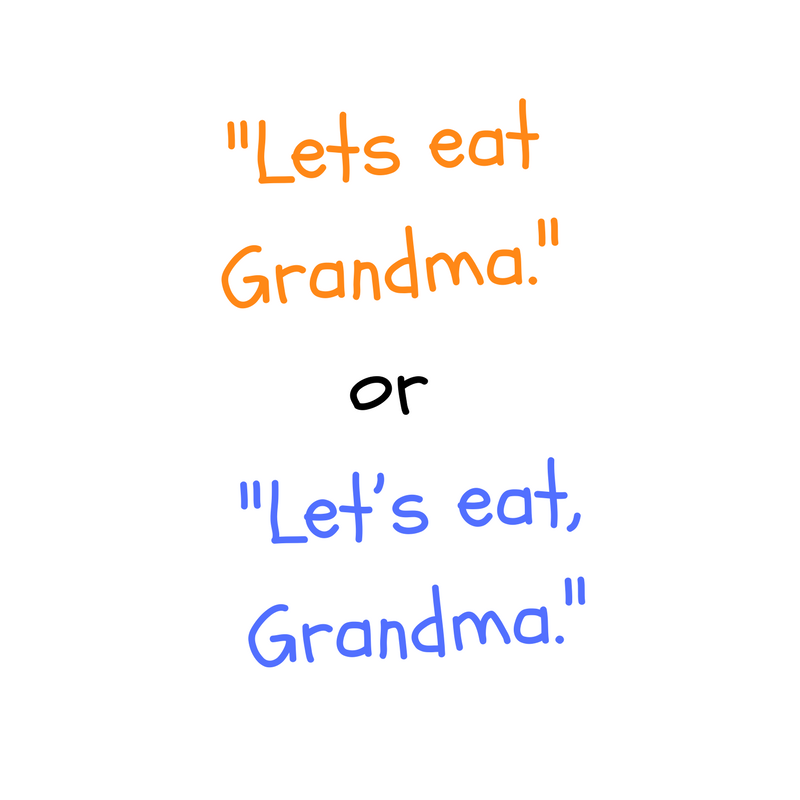Because I can, I’m lending my voice to a number of good causes and I thought you might be interested to know about them. (If you’re an aspiring writer you might be REALLY interested to know about one in particular!)
Myrtle the Turtle and I have been meandering around the eastern states over the last few years, so I thought it was time we headed west. When an opportunity arose to attend the inaugural West Coast Fiction Festival in November, knowing my involvement would be supporting a good cause (Share The Dignity) it was decided to drive Myrtle the Turtle the 4,452 kilometres to Perth from the NSW east coast.

It’s a big drive, but along the way, while passing all those beautiful WA trucks carting hay bales to drought-stricken farmers in the east, I decided I wanted to do something more to help. So, I joined forces with author mate, Josephine Moon, as well as some publishing industry heavyweights, like Allen & Unwin’s Annette Barlow, to do our bit. We’ll be raising money to buy bales for farmers by auctioning ourselves off! That’s right! Writers with manuscripts will be able to bid for our services, raising money for a good cause in the process. This is an incredible opportunity to have YOUR work get the attention it deserves!
Taking part (and there are even more, I’m told) is: Annette Barlow (Allen & Unwin), Ali Watts (Penguin Random House) and Sophie Green/Sophie Hamley (Hachette), Lousie Allan, Lisa Ireland, Annie Seaton, Jenn J McLeod, Michael Trant, Melinda Tognini, Katie Rowney.

The manuscript assessment/mentoring opportunities will be auctioned off via eBay, starting on 15 October, auctioned in three rounds: Round 1: 15 October; Round 2: 17 October; Round 3: 19 October.
Okay… There’s another mission, of course. I’ve been doing it for a while now.
 You all know how much I enjoy visiting small country towns to talk to local book lovers. Well, my Paddock to Print campaign, which is about encouraging Australian readers to support home-grown storytellers by choosing Australian-made stories, is going gangbusters. Check out all the places I’ve been, so far.
You all know how much I enjoy visiting small country towns to talk to local book lovers. Well, my Paddock to Print campaign, which is about encouraging Australian readers to support home-grown storytellers by choosing Australian-made stories, is going gangbusters. Check out all the places I’ve been, so far.
What is the campaign about?
For years we’ve been hearing the manufacturing sector – clothing and food – tell us to buy Australian-made. I thought, why not encourage people to buy or borrow home-grown stories over the imported, big-name author books? It really is as simple as asking your library or books shop for suggestions. If you enjoy big-name overseas authors, your local librarian or bookseller will be able to recommend a local/Aussie writer whose novels are just as compelling and well-written. So, please help spread the word and buy Australian made fiction. Here I am spreading the book love at Donnybrook, WA.

And here I am on the west coast – finally – in the lovely Margaret River region (for research purposes, of course).
If you’d like to know more about the #BuyABale Fundraiser, check out Josephine Moon’s website.
If you are in Perth, I’d love to see you. Prior to the Perth event in November, readers and aspiring writers will catch me at events in Busselton (Busselton Library, 2pm October 12) and in Kwinana at the Kooliny Arts Centre’s Stories on Stage (7pm, October 31) with the lovely, Monique Mulligan.
And somewhere in the middle I’m Writer-in-Residence at the Serenity Press Writers’ Retreat in Capel.
So, it’s all happening in the west. Then, come December, Myrtle and I will be making the trek back home to Coffs Harbour.














 There are faster, easier, more caravan-friendly roads to drive between Coffs Harbour and Victoria. We chose the more scenic coastal route—The Princes Highway, which is less highway and more a bitumen goat track (a drunk goat, in parts).
There are faster, easier, more caravan-friendly roads to drive between Coffs Harbour and Victoria. We chose the more scenic coastal route—The Princes Highway, which is less highway and more a bitumen goat track (a drunk goat, in parts).